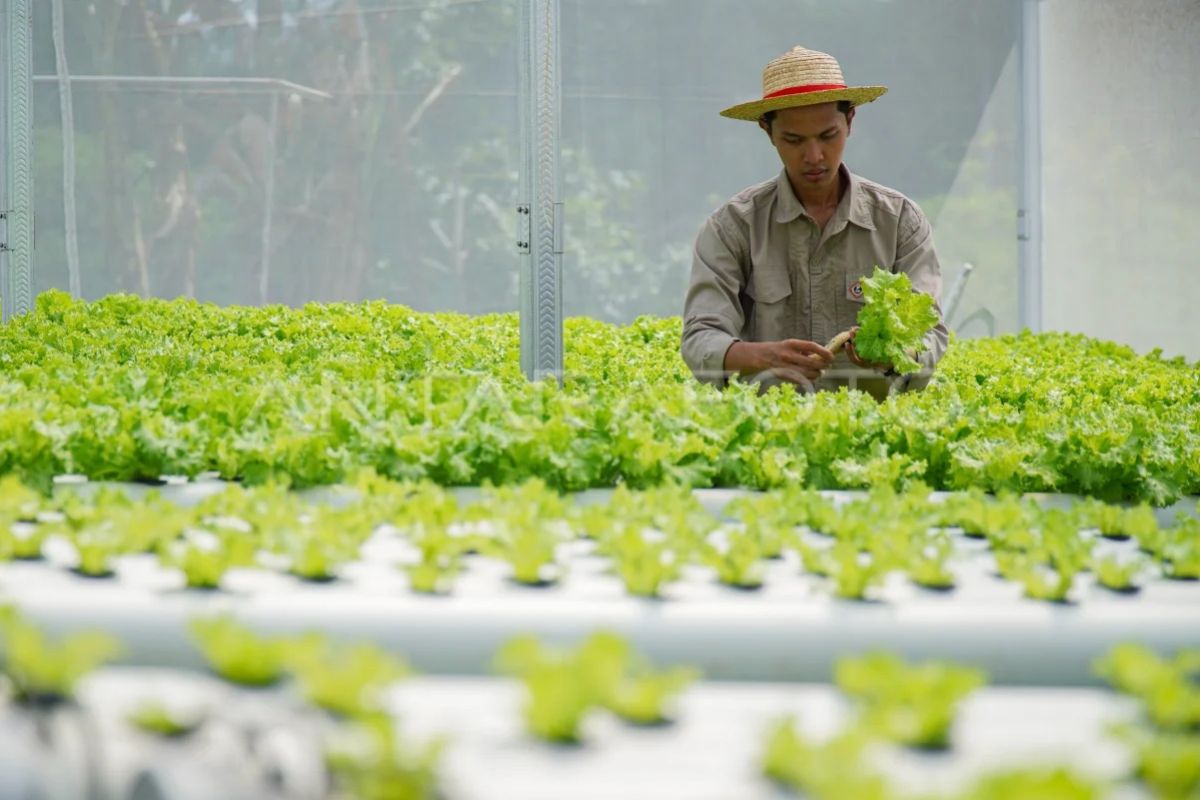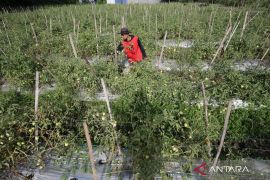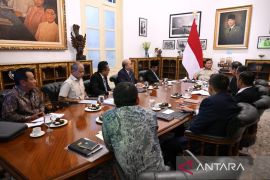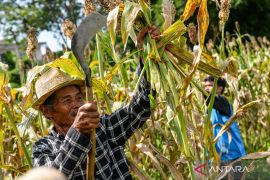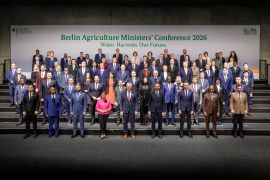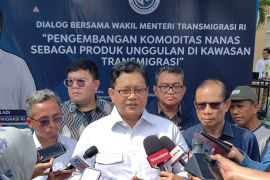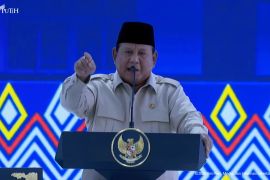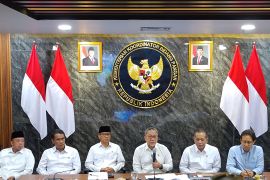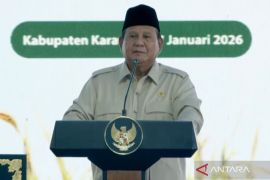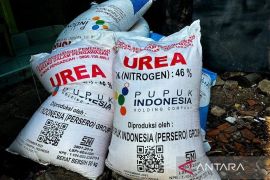Speaking at a press conference on Wednesday, Sulaiman said the growing interest of millennials and Gen Z in agriculture is driven by the adoption of modern technology in farming systems.
The government has supported this shift by providing facilities and agricultural equipment grants, enabling young farmers to start production more efficiently.
“They come from Merauke, Kalimantan, and Aceh, with average incomes ranging from Rp15 million to Rp20 million. We provide facilities and farming tools as grants for them. Hopefully, this will be sustainable,” he said.
Sulaiman expressed optimism that more young people will join the agricultural sector, particularly as the government advances its program to develop three million hectares of new rice fields.
The new farmland will utilize advanced technology and be organized into clusters, similar to farming systems in developed countries such as the United States and China. This approach is seen as more efficient and attractive for younger generations.
Meanwhile, data from the 2023 Agricultural Census released by Statistics Indonesia (BPS) show that most farmers in Indonesia remain in older age groups.
Around 70 percent of farmers are over 40 years old, with Generation X (born 1965–1980) accounting for 42.39 percent, followed by Baby Boomers (1946–1964) at 27.61 percent.
In contrast, younger participation remains low, with Millennials (1981–1996) comprising 25.61 percent and Gen Z (1997–2012) only 2.14 percent.
Related news: Minister seeks youngsters' participation to build agriculture
Related news: Farmers' regeneration essential for Indonesia's food security: CIPS
Translator: Shofi, Kenzu
Editor: Primayanti
Copyright © ANTARA 2025
